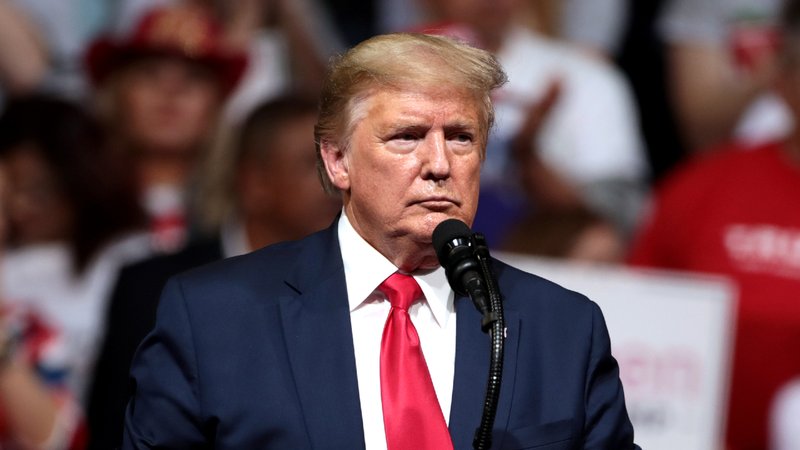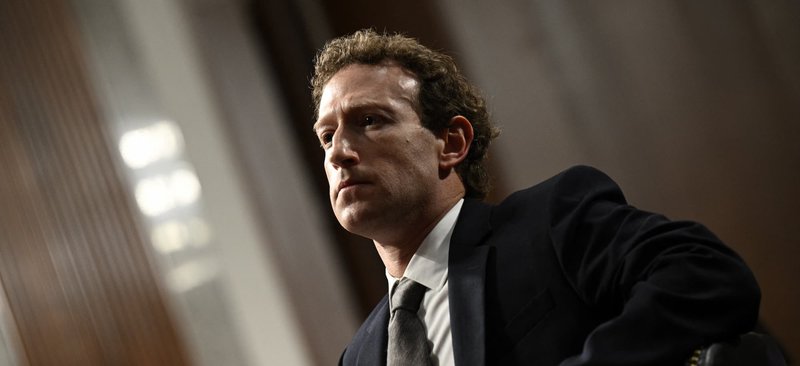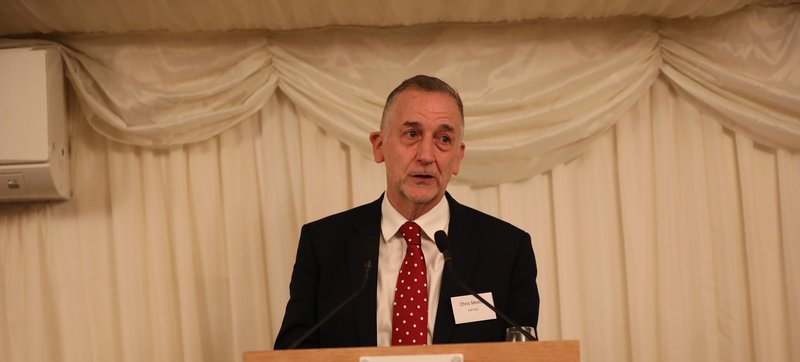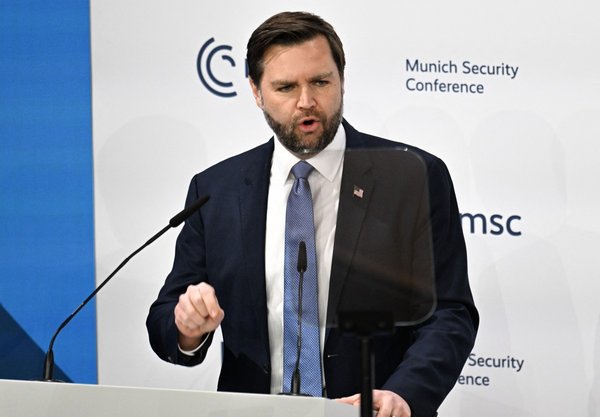In a ‘misinformation’ age, we need to know what the fact is going on

Published in the Independent on Sunday 11 May 2025 15:30 BST
This is a moment of crisis for anyone who cares about verifiable facts.
They are the building blocks which ensure citizens have access to accurate information, and they help people make informed choices on the issues that matter most.
Only by creating a better, less toxic information environment can free speech gain greater currency.
Join 72,953 people who trust us to check the facts
Sign up to get weekly updates on politics, immigration, health and more.
Subscribe to weekly email newsletters from Full Fact for updates on politics, immigration, health and more. Our fact checks are free to read but not to produce, so you will also get occasional emails about fundraising and other ways you can help. You can unsubscribe at any time. For more information about how we use your data see our Privacy Policy.
A deluge of misinformation
But dramatic changes in technology and politics have converged: we are in danger of being swept away by a deluge of false, misleading or artificially generated junk online, leaving many people either stuck in echo chambers or unsure what they can believe.
Four in ten UK adults in an Ofcom survey last year said they had encountered misinformation in the previous four weeks. Others struggle to separate fact from fiction.
In walks a matador
At the same time, the Trump administration is rewriting the rules of American engagement around the world, and challenging western political assumptions.
Earlier this year, Vice-President JD Vance came to Europe to talk about the enemy within.
He described misinformation as an ugly Soviet era word, and suggested anyone using it wanted to tell others what to think.
In turn, social media platforms—run by the most powerful corporations on the planet—are responding to political pressures by backing away from commitments to work with independent fact checkers in order to find and expose information that causes real world harm.

Mark Zuckerberg's u-turn
Let’s be clear: checking the facts doesn’t restrict debate; it strengthens it by grounding it in truth.
It’s certainly not censorship, as Meta boss Mark Zuckerberg claimed in an abrupt about turn at the beginning of this year.
Verifying facts adds important context to complex conversations, and it creates more speech, not less. By that standard, even Vice-President Vance should approve.
So, this is also a time to stand up for our values. Full Fact is an impartial charity, but we will not be impartial about the proposition that facts matter.
The ability to think critically about the information we consume is essential to any meaningful public debate in the UK.
And if everything becomes a matter of opinion—with facts ignored in a partisan divide—nothing can ever be questioned or debated effectively.
Free speech is not absolute
We are outspoken about the need to protect freedom of expression.
But free speech is not and never has been absolute, even in the first amendment to the US constitution.
In a world where information is available at astonishing but sometimes bewildering speed, it is equally important to protect people from serious harm online.
This is a difficult balance to get right, but a challenge we should not shirk.
Misinformation is now a dirty word
Unfortunately, even the word misinformation has now become politically charged.
Last month, the US National Science Foundation abruptly terminated dozens of grants worth many millions of dollars it had previously awarded to researchers studying misinformation.
Less contentious phrases like ‘information integrity’ or ‘information credibility’ are now seen as safer options.
But debating the language risks missing the real issue: our online information environment is under greater threat than ever before and we must step up our response.
National security
What does this mean in practice? There has been prolonged debate in the UK about defence spending, and the need to increase it.
But defence is not just about bullets and tanks; it’s also about bots and troll farms.
We are in a hybrid war, with attacks coming from some hitherto unexpected places, and if we want to protect what we value in our society we need to fight on all fronts.
Access to accurate information forms the basis of the robust political debates we need to have. It is not a luxury, it is the foundation of our democracy.
Consensus ≠ accuracy
That is why we are so concerned that the large online platforms, which wield so much influence over our daily lives, may see an opportunity to spend less time moderating content in ways that make our online world a safer place.
X and Meta are pinning their hopes on Community Notes, a system based on establishing consensus between those who previously disagreed, rather than on factual accuracy.
It can play a positive role in creating healthier debate online, but it is not a substitute for independent expertise.

Laws to check online giants
We want the UK government and the online safety regulator Ofcom to do more to hold powerful companies to account, by law if necessary.
- That means regulation which places a new statutory responsibility on platforms to deliver effective media literacy.
- As well as revisiting the Online Safety Act so that more timely and robust action can be taken in emergency situations such as the UK riots last summer.
We know rapid technological developments have helped fuel the spread of bad information, whether by people who share misleading posts unintentionally, or by state-sponsored actors seeking to do real harm to individuals, institutions or countries.
Fighting fire with fire
But it is only through the intelligent use of technology that we can hope to address the threat at internet scale.
Full Fact has built AI tools which allow small groups of people to monitor vast amounts of information, to identify the harms that can be done by everything from health misinformation to financial scams, and to take action.
To give a sense of scale, there were 5.5bn views of health-related videos in 2023 in the UK, on YouTube alone.
Technology can help us sort the wheat from the chaff, and our tools have now been used in 40 countries around the world from the UK and the United States to Yemen and South Sudan.

Why I am optimistic
There is still some cause for optimism.
At a time when the generative AI revolution continues to gather pace, the work of impartial fact checking organisations is not part of the problem.
It is part of the solution.
